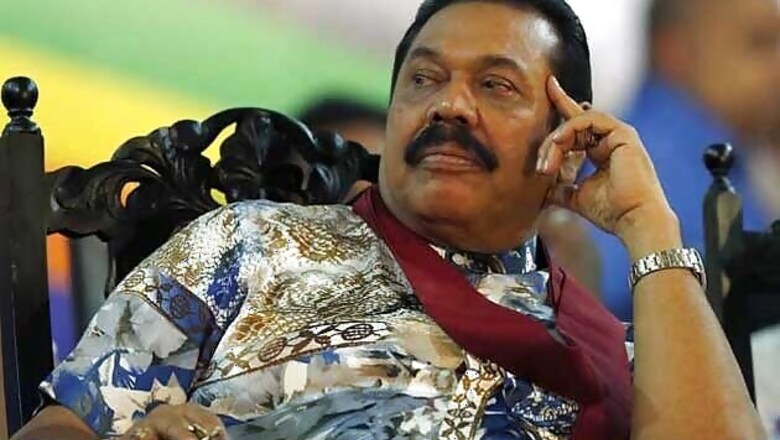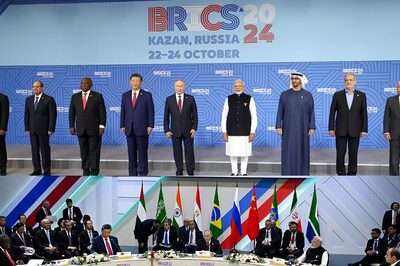
views
Chennai: Events in Sri Lanka have often had a political and emotional echo in Tamil Nadu. And with the island-nation now voting out Mahinda Rajapaksa, CNN-IBN's Anna Isaac finds out what Sri Lanka's new President Maithripala Sirisena means for Lankan Tamils and for politics in Tamil Nadu.
Sri Lanka's President and the hero of its 30-year war with the LTTE Mahinda Rajapaksa has been voted out in one of the most closely watched elections in decades. His successor a former colleague turned rival Maithripala Sirisena has swept to power backed by a broad coalition of parties including Tamil groups. So will the people's mandate lead to political reconciliation with Tamils in the country's war-torn North?
Commenting on the outcome K. Venkataraman, a Senior Deputy Editor, The Hindu said "this election was not about resolving the Tamil ethnic question. It was an election fought on the principles of restoring governance and democratic norms. Even Tamils were conscious of this, even Tamil National Alliance said they were looking at this as restoration of democracy because that is fundamental for any possibility for future reconciliation, demilitirisation, political devolution, reviving of northern provincial council with full powers.
Once a loyalist of Rajapaksa Sirisena, who was briefly acting defence minister during the war has made no mention of key Tamil issue including minority rights, political devolution and withdrawal of troops from the Northern Province. And with Sirisena also ruling out an international war crimes probe against Rajapaksa and army personnel pro-Tamil voices here in India are skeptical of the new leader.
M Karunanidhi, the DMK chief said "those who have won the elections must try and look into their past mistakes committed by previous regime and correct themselves. We have been pressing for an international war crimes probe that will continue to be our stand. We want Rajapaksa to be investigated".
However B Thirumurugan Gandhi, a Tamil activist is very skeptical. He said "Sirisena categorically said he will not withdraw forces. He was also involved in the war and was acting minister at the end of the war. It attracted international attention. He has clearly said we won't allow international investigation. When both these things can happen, withdrawing of the forces and international investigation can bring justice to the Tamils. When he denies both the actions he denies justice to Tamils".
The arrest of Indian fishermen has put a strain on the bilateral relationship between India and Sri Lanka. While Prime Minister Narendra Modi shared a good rapport with Rajapaksa inviting him for his swearing-in ceremony last year. Experts say New Delhi will have to re-establish ties with the new leadership.
K. Venkataraman of The Hindu says that they enjoyed a strong rapport with Rajapaksa. A strong executive president is capable of delivering what a friendly nation like India wants. And that's why the difficult issue of five fishermen being sentenced to death and still being released immediately was possibly because of a close rapport. India will have to re-establish ties with the incumbent president also.
While Sri Lanka celebrates the end of the Mahinda Rajapaksa regime which for many has meant years of misrule, corruption and authoritarianism, the political parties here in Tamil Nadu are choosing instead to wait and watch, hoping that the new president Maithripala Sirisena is not old wine in a new bottle.




















Comments
0 comment